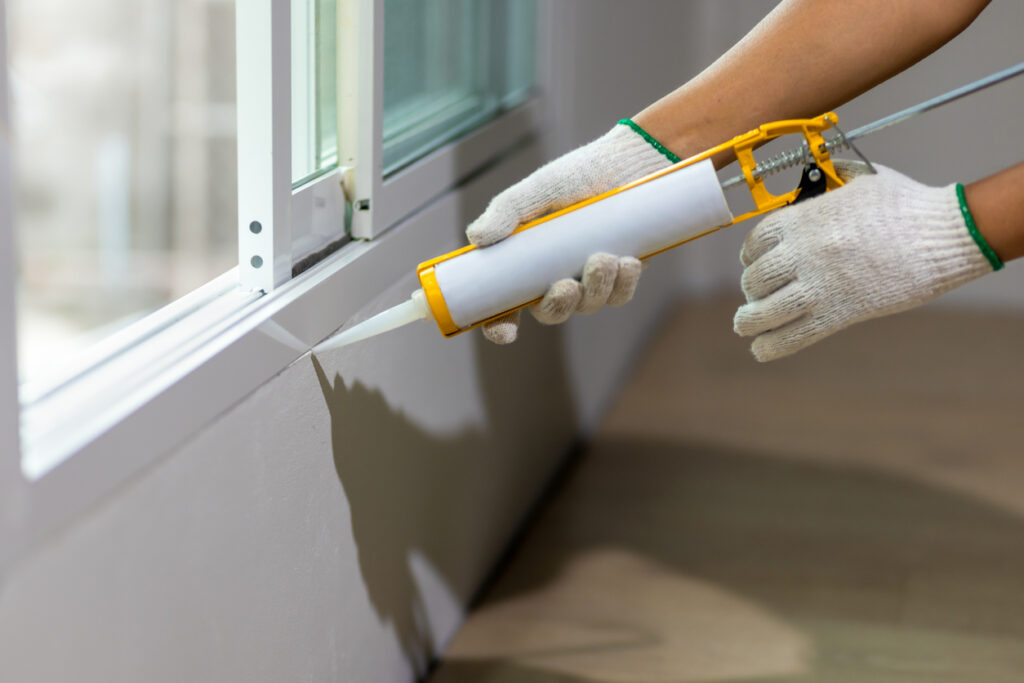The Impact of Insulation on Heating Efficiency
Posted on October 30th, 2023 by Devine Bros

The winter season is coming, and as the temperatures drop, you’ll probably start turning your heating system on to keep your home warm and cozy. But did you know that one of the crucial elements that can affect your heating system’s efficiency is insulation?
Insulating your home is not only about creating comfort or reducing noise levels, but it’s also essential for improving energy efficiency and reducing your bills. The impact of insulation on heating efficiency is not to be underestimated.
How Insulation Works
Insulation is the material that acts as a barrier to minimize the heat transfer between a warm and cold area. Heated air tends to move towards colder regions because of a difference in air pressure, and this is where insulation comes in handy. It slows down heat transfer, keeping the warm air inside your home and preventing the cold air from seeping in. During the winter, insulation prevents heat from escaping through your walls, attic, and other areas.
The Benefits of Proper Insulation
Proper insulation offers several benefits, from creating a comfortable indoor environment to reducing energy bills. One of the most significant advantages of insulation is increased heating efficiency. When heat is conserved inside your home, your heating system won’t have to work extra hard to keep the space warm, reducing your energy consumption by 20% to 30%. This, in turn, reduces your heating bills and saves you money in the long run.
Types of Insulation
There are several types of insulation available on the market, and each has distinct advantages and disadvantages. Some of the popular kinds include:
- Fiberglass: This pink, lightweight material comes in batts or rolls and is ideal for walls, floors, and attics
- Cellulose: Made from recycled materials such as paper and cardboard, this material is denser than fiberglass and fits effectively in hard-to-reach spaces.
- Spray Foam Sealers: This is a more expensive option, but it offers excellent insulation and creates an air-tight seal, preventing heat loss through gaps and cracks
Insulating Troublesome Areas
While walls, attics, and floors are the most common areas to insulate, there are other spots in your home that can lead to heat loss if left uninsulated. These include:
- Windows and Doors: Drafty windows and doors can lead to significant heat loss. Installing weatherstripping or caulking can help seal gaps around these areas.
- Ductwork: If your heating system uses ductwork to distribute air, consider insulating it to reduce heat loss and improve the system’s efficiency.
- Basements and Crawl Spaces: These areas tend to be cold and damp, and proper insulation can prevent heat loss and moisture buildup.
Norwalk Sealers and Home Comfort Supplies
Helping Norwalk, CT, homeowners improve their lives is something Devine Brothers has been providing to their customers for over 100 years! If you’re interested in learning more about our service or need supplies, make sure to get in contact with us today! For more tips & tricks, make sure to like us on Facebook.

